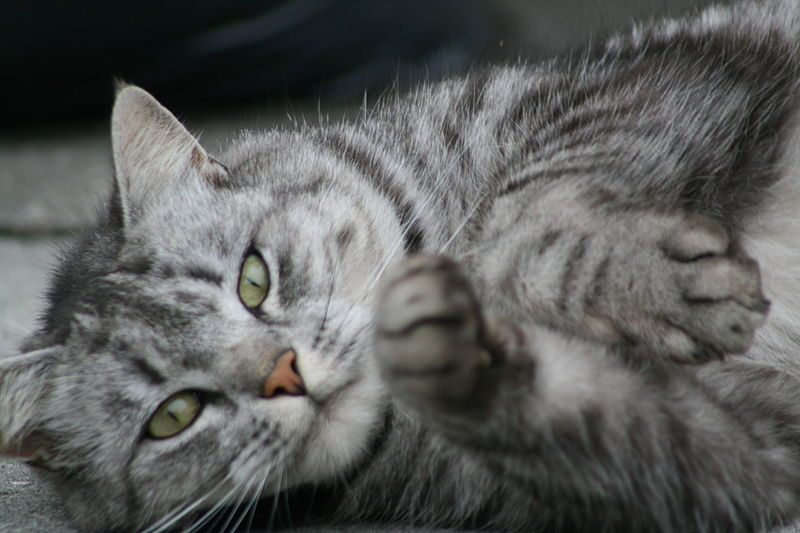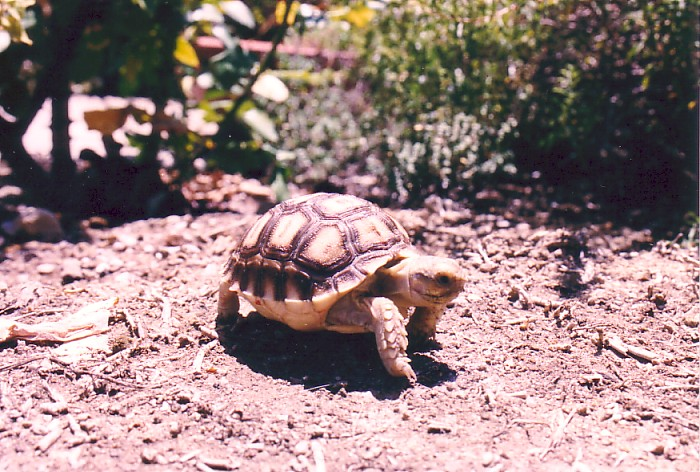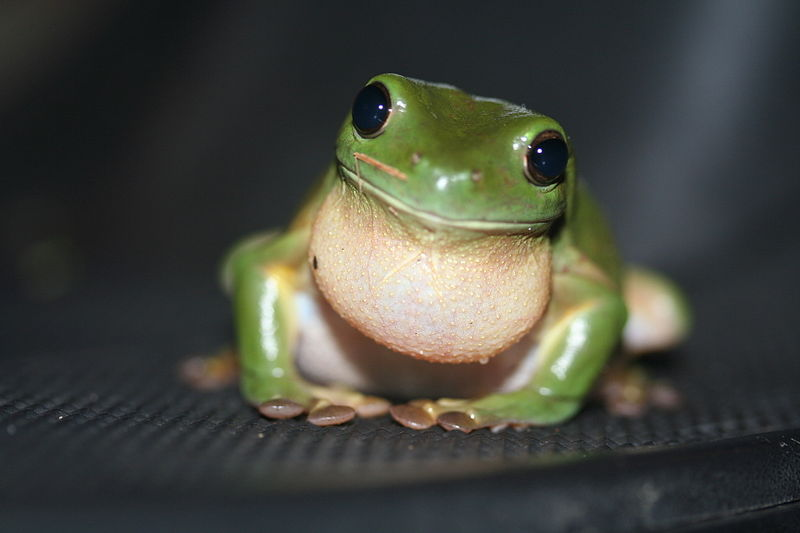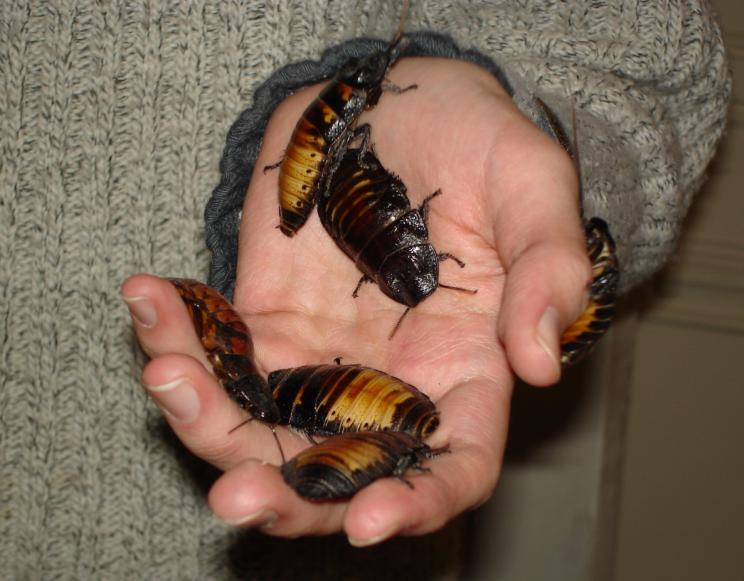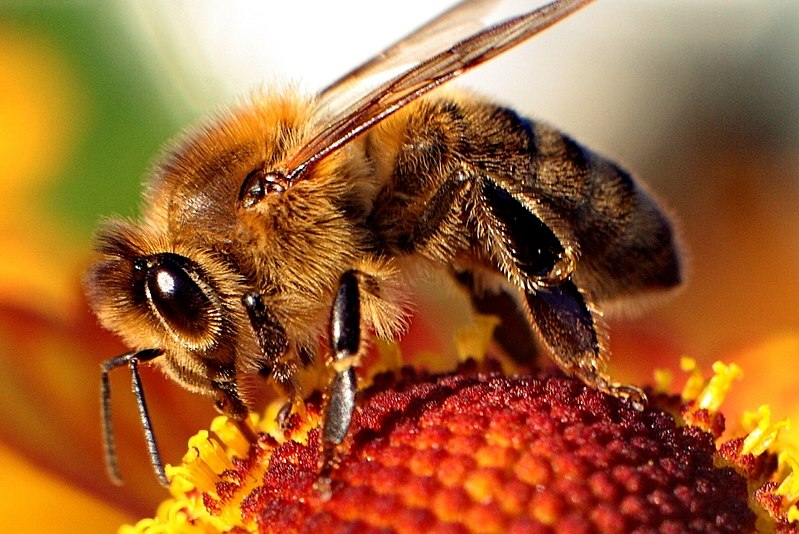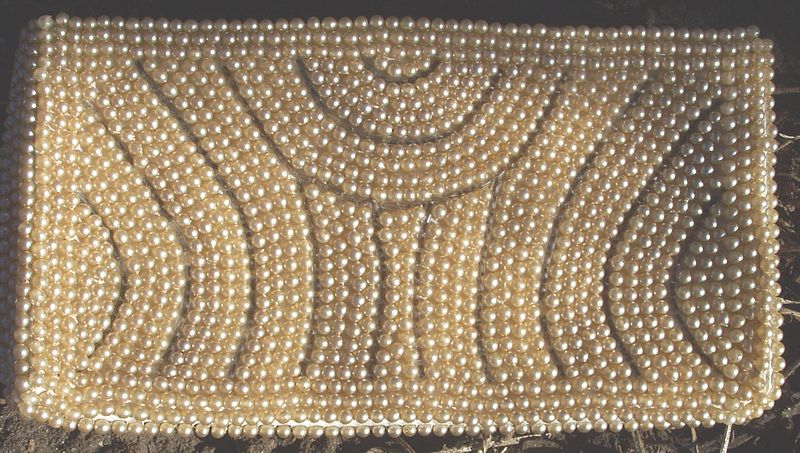Are you teacher's (or boss's) pet? If not, who is?
If you have no teacher or boss, or if you have a teacher or boss who likes/hates all his or her (OGAA)* pupils equally, then of course there are non-human kinds of pets.
They come in a variety of shapes and sizes:
but it does seem to be a deeply human thing to want to share food and shelter with a creature of a different species.
It's rather puzzling behaviour, especially as many pets don't, as far as I can see, show much sign of appreciating all the care and affection lavished on them.
Are pets child-substitutes? Yes, sometimes. Friend-substitutes? Sometimes. Guard, blanket, ornament substitutes? Tick, tick, tick.
Why anyone would keep cockroaches as pets, though, escapes me.
But people do.
Spot the Frippet: a pet. This word appeared in English in the 1500s, but there's no agreement about where it came from before that.
*Other Genders Are Available.

